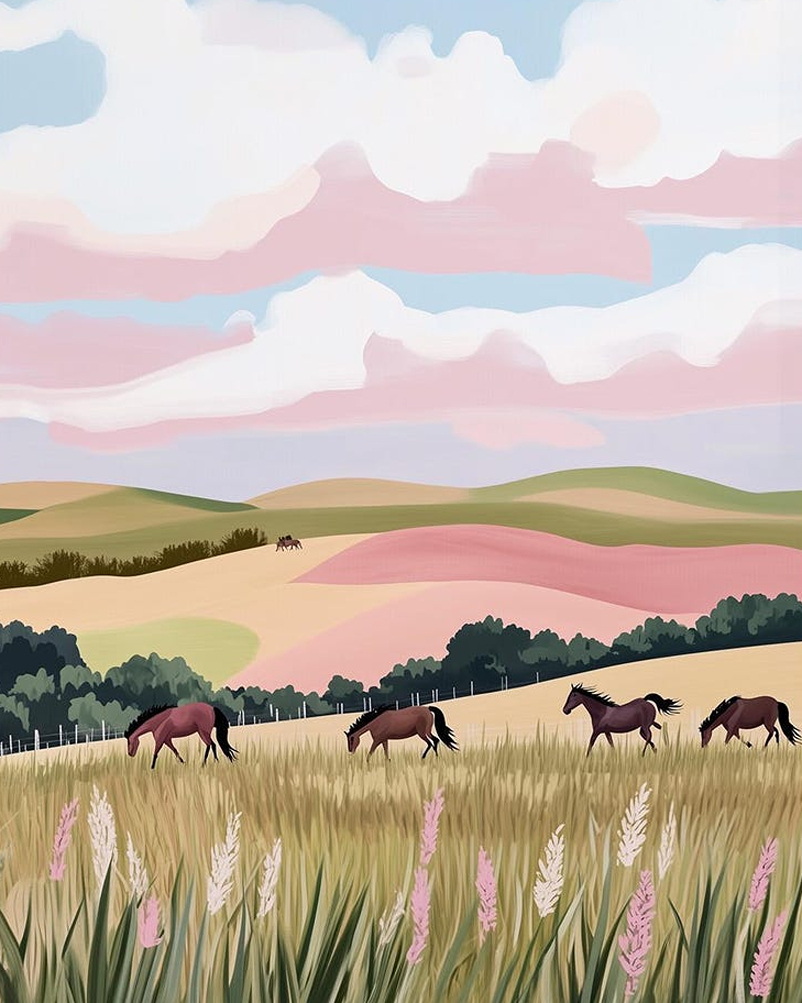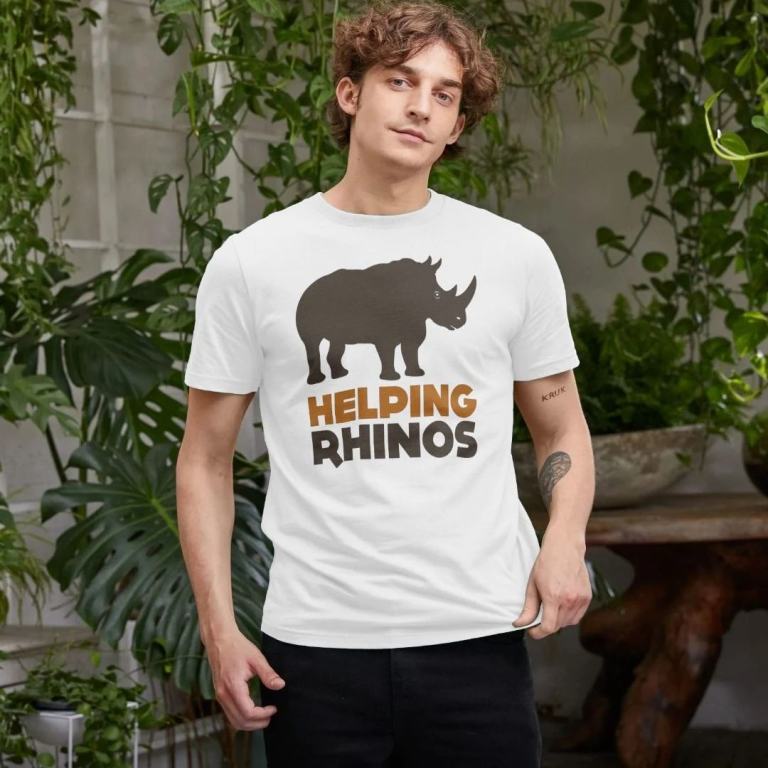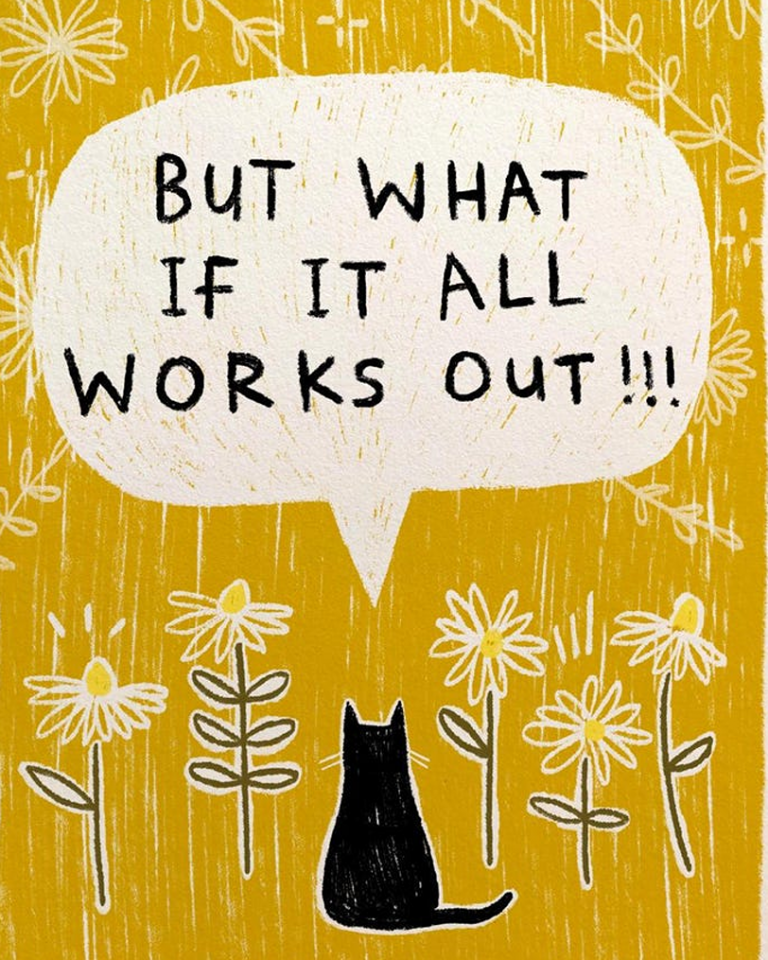
Unlike England (and the US) which tends to become obsessed by leaders, Swiss politics is very different. Instead of one Prime Minister, there is a panel of leaders, and most big decisions are taken to the country, with regular referendums.
Politics in Switzerland is based on horse mentality , where there are no pack leaders. Just sociable beings who can mingle in to get the job done. If you think of a pack of horses, no-one is really in charge. Unlike modern western politics (Boris Johnson, Nigel Farage, Keir Starmer, Donald Trump, Vladmir Putin), there is no ‘big person in charge’. Everyone just gets alone like adults.
In every age, it has been the tyrant, the oppressor and the exploiter, who has wrapped himself in the cloak of patriotism or religion (or both) to deceive and overawe the people. Eugene Victor Debs
What Herd Mentality Looks Like in Horses
Unlike some creatures, horse herds behave very differently. And in politics, we could learn a lot from them. There are no ‘leaders’, everyone kind of just get along. In her book The Power of the Herd, Linda Kohanov observes how the way that horses live, could be very beneficial, when taken into the business and political world. We would end up with answers, rather than political tyrants.
Roles shift with need. One horse may lead a move to water, and mothers watch over foals. Older geldings keep order at the edges.
Horses mutually groom each other, to lower stress and build bonds. Different horses scan in turns. While some check, others relax. Horse herds shape themselves, so the most vulnerable are buffered.
Although packs of dogs and wolves work well (for dogs and wolves!), this ‘pack leader’ mentality does not really work for humans, especially in politics. We end up with narcissistic leaders who don’t trust the judgement of anyone but themselves, and throw their toys out of the pram, if something goes wrong.
Horses Build Trust (without dominance)
Horses use signals to say ‘I am aware and I am steady’. They never use signals to mean ‘Do what I say’. A small ear pin or a step aside, ends quarrels before they spark. Horses remember who restored calm, rather than who forced a win – or started or won a war?
Empathy is used in horse herds, but not for sentimental reasons. More practical ones. A confident horse can lead steadiness to a nervous one. A panicked horse could drain a group in seconds, so social intelligence is the filter.
Compare that to human politics, where leaders often panic or depress or bully others, which then makes things ten times worse, both for other MPs and for the general public.
How many times have you seen an MP interviewed about a problem that people are worried about. And the answer is always ‘our problem is that we have not been able to make the public understand…’
Herd Mentality in Politics
Herd mentality can not be good, look at how many intelligent people are now listening to climate science denying groups, despite the end result of climate change (if the Paris Climate Agreement not stuck to) resulting in a possible end of the world?
MPs who deny climate science are not climate scientists, and they have not been talking to climate scientists. They have not been talking to rewilding experts on ways to prevent floods, and don’t have the scientific knowledge to make such claims. Yet people listen to them, because it’s easier to ‘follow the herd’.
Party loyalty is a good example. How many times have you heard of someone always voting for the same party, often because their parents and grandparents did? Loyalty is often bared on ‘shared safety’. But if that shared safety is due to non-dramatic proper true and trusted information, herd loyalty can be a good thing.
General elections are often based on emotion and campaigns and music, like festivals. What would be far better would be if every party simply created a manifesto in plain English, and popped it through the letterbox of every household in England.
Each household could then spend an hour reading each manifesto, learn the proper policies, and vote based on facts, not emotions. This is more a ‘horse kind of thinking’, rather than one based on media bias.
Why Fear-Based Leadership Fails
Trump is aggressive, Farage is not really aggressive, but still sells the same populist politics based on fear. Instead, go for MPs that refuse to blame.
Labour have been in power for over a year. Yet any criticism now is always stemmed back to ‘after 14 years in power with the Tories’ etc. Horses don’t blame. They use social intelligence to get jobs done, for the benefit of the herd. This is leads to more accurate and better choices.
‘Horse wisdom’ means active listening. Repeat what you heard, then respond. Instead, we have MPs that shout insults at each other in the Houses of Parliament, or have warring MPs on TV, being interviewed – and often talk over each other, so nobody can hear what either is saying.
The media could help. EuroNews (a TV channel) for example has one-hour in-depth interviews with MPs. So instead of sound-bites, the BBC could for example have one-hour interviews. A few examples:
Nigel Farage and a real expert on ‘the boats crisis’, who has possible solutions. Let both speak and tell the interviewer why they agree or don’t.
Kemi Badenoch and a climate scientist. The scientist could explain why he or she is concerned at Kemi’s plans to tear up climate regulations, and she could respond, and vice versa.
Sir Keir Starmer could be interviewed alongside an aid worker in Gaza, who asks why he and his party is funding arms sales, which result in aid workers being killed, or helping children and animals being bombed.
These would be intelligent interviews, where the general public could listen to both sides of the story, gather proper facts, then make up their own minds on how to vote. Based on truth, trust and information. Not just a few unanswered soundbites on ‘Question Time’. Which is usually just 45 minutes of hot air.






